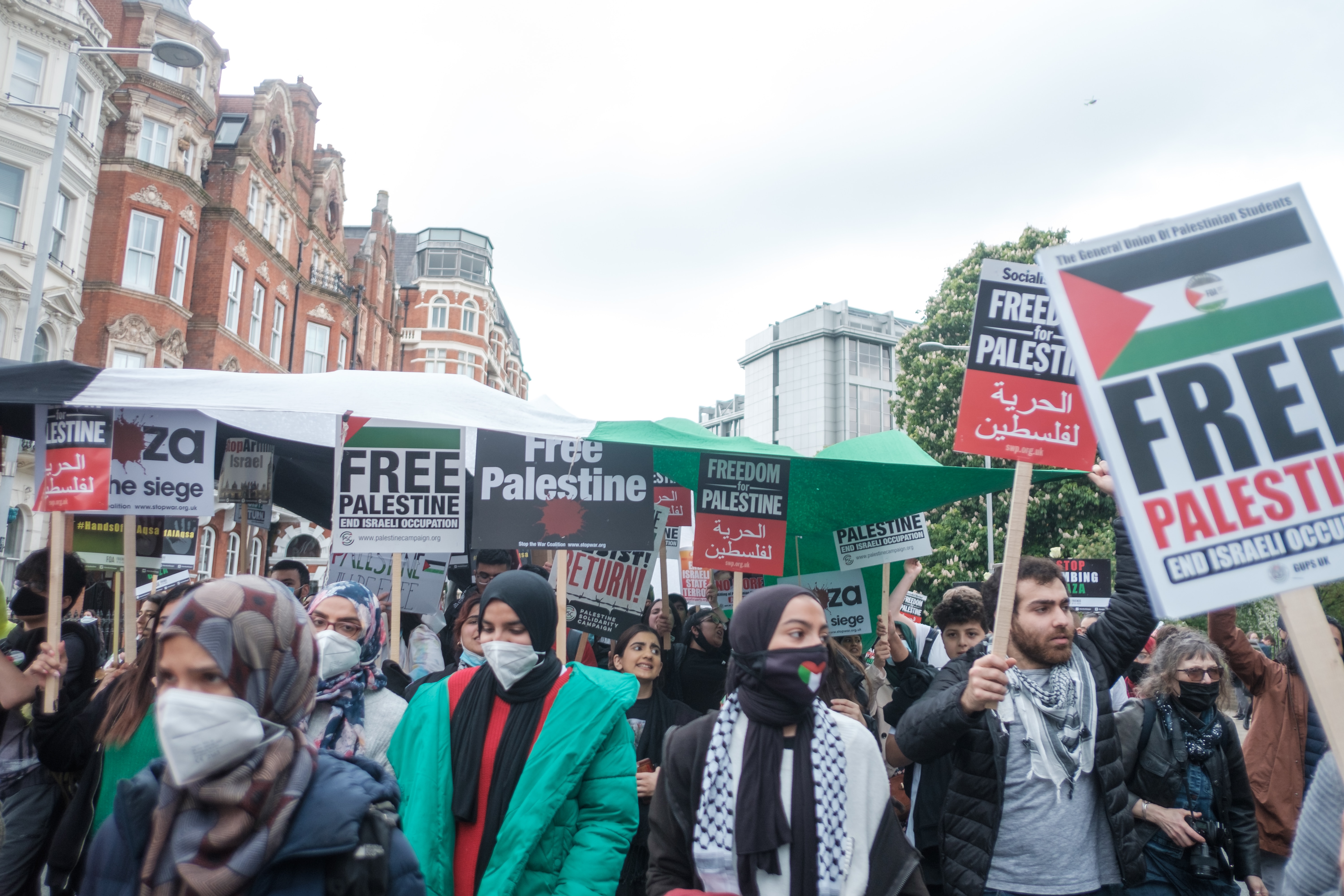
The history of Palestine is complex and has been marked by various historical, political, and cultural developments. The region known as Palestine is located in the Eastern Mediterranean and has been a crossroads for various civilizations throughout history. Here is a brief overview of key historical periods in the history of Palestine:
- Ancient Periods:
- Bronze Age: The Canaanites inhabited the region around 3000 BCE, and cities like Jericho and Megiddo became significant.
- Iron Age: The Israelites emerged as a distinct group, and the Kingdoms of Israel and Judah were established.
- Classical Periods:
- Persian Empire: The Persians conquered the region in the 6th century BCE.
- Hellenistic Period: Alexander the Great’s conquest in the 4th century BCE brought Hellenistic influence to the area.
- Roman and Byzantine Periods:
- Roman Rule: Palestine came under Roman rule in the 1st century BCE. The city of Jerusalem was a focal point, and in 70 CE, the Romans destroyed the Second Temple.
- Byzantine Rule: After the Roman Empire split, the Eastern Roman Empire (Byzantine Empire) ruled the region.
- Islamic Period:
- 7th Century: In 636 CE, Arab Muslims conquered Palestine. Jerusalem became a significant city in Islam, and the Dome of the Rock was built on the Temple Mount.
- Crusader Period: The region experienced periods of Crusader rule and Muslim reconquests between the 11th and 13th centuries.
- Ottoman Empire:
- 16th to 20th Centuries: The Ottomans ruled Palestine for centuries until their empire collapsed after World War I.
- British Mandate:
- Post-World War I: After the defeat of the Ottoman Empire, the League of Nations granted Britain the mandate to govern Palestine. During this time, tensions between Jewish and Arab communities increased.
- 1948 Arab-Israeli War:
- Declaration of the State of Israel: On May 14, 1948, David Ben-Gurion declared the establishment of the State of Israel. This led to the Arab-Israeli War, resulting in territorial changes and the displacement of Palestinian Arabs.
- Post-1948:
- Six-Day War (1967): Israel gained control of the West Bank, Gaza Strip, East Jerusalem, and the Golan Heights.
- Israeli-Palestinian Conflict: Ongoing conflicts and peace efforts have characterized the relationship between Israel and the Palestinians, with issues like refugee rights, borders, and the status of Jerusalem at the center of disputes.
The history of Palestine is deeply intertwined with the broader history of the Middle East and has been marked by various conflicts and geopolitical changes over the centuries. The Israeli-Palestinian conflict remains a major geopolitical issue in the region and on the international stage.